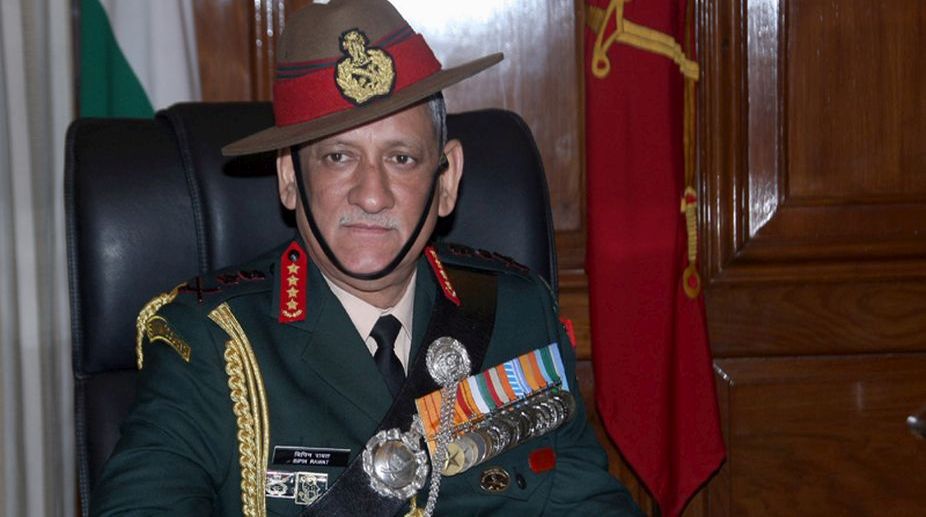As Africa toes the Chinese line…
Every year, China’s minister of foreign affairs embarks on what has now become a customary odyssey across Africa.

Indian Army Chief Gen Bipin Rawat (Photo: PIB)
Was it a mere coincidence that Indian Army Chief Gen Bipin Rawat visited Nepal earlier this week close on the heels of Chinese Defence Minister Chang Wanquan’s high-profile trip to the Himalayan nation at the head of a high-level 19-member military delegation?
This was Chang’s first visit from China to Nepal at the Defence Minister’s level since the two countries established diplomatic relations in 1955. The Chinese leader went out of his way to woo Kathmandu, offering a grant assistance of $32.3 million to the Nepal Army (NA) for the purpose of strengthening its capacity to deal with natural calamities and providing it equipment for UN peacekeeping missions in high conflict zones. He also discussed holding the first-ever military exercises by the two Armies.
Advertisement
During his visit, Gen Rawat too met top Nepalese leaders and was conferred with Honorary General title of NA in keeping with an age-old tradition signifying close and special military ties between India and the Himalayan country.
Advertisement
While no parallel can be drawn between the two visits since both had their own significance, there is certainly a sense of disquiet in India over the growing proximity between Nepal and China with New Delhi particularly concerned over the upcoming joint military exercises.
When asked about the Chinese Defence Minister’s visit to Nepal and its implications for India, a source here said New Delhi invariably monitored all such developments in its neighbourhood Nepal which have a bearing on the country’s security and its strategic interests.
It is quite clear that China's continued attempts to reach out to Nepal in recent years have sent alarm bells ringing across the Indian establishment which has been desperately trying to minimise Beijing’s role in the Himalayan nation.\
India had learnt a lesson from the earlier K P Sharma Oli-led government in Nepal during whose term the Indian influence sunk to a new low due to its pro-China policy. Therefore, not only did it monitor the Chinese Defence Minister's visit to Kathmandu but also kept a close eye on Nepal Prime Minister Pushpa Kamal Dahal 'Prachanda's' visit to China, primarily to attend a multilateral meeting.
His visit concluded without any substantial agreements between the two countries. According to observers, China’s main purpose was to send a message to India that it continues to engage with Nepal.
However, the Nepalese PM’s decision to support China’s ‘One Belt, One Road’ initiative to link Asia with Europe, Middle East and Africa is unlikely to please India since the China Pakistan Economic Corridor (CPEC) is a part of that initiative. India has already conveyed to Beijing its strong opposition to CPEC on the ground that it runs through Pakistan occupied Kashmir (PoK).
Advertisement